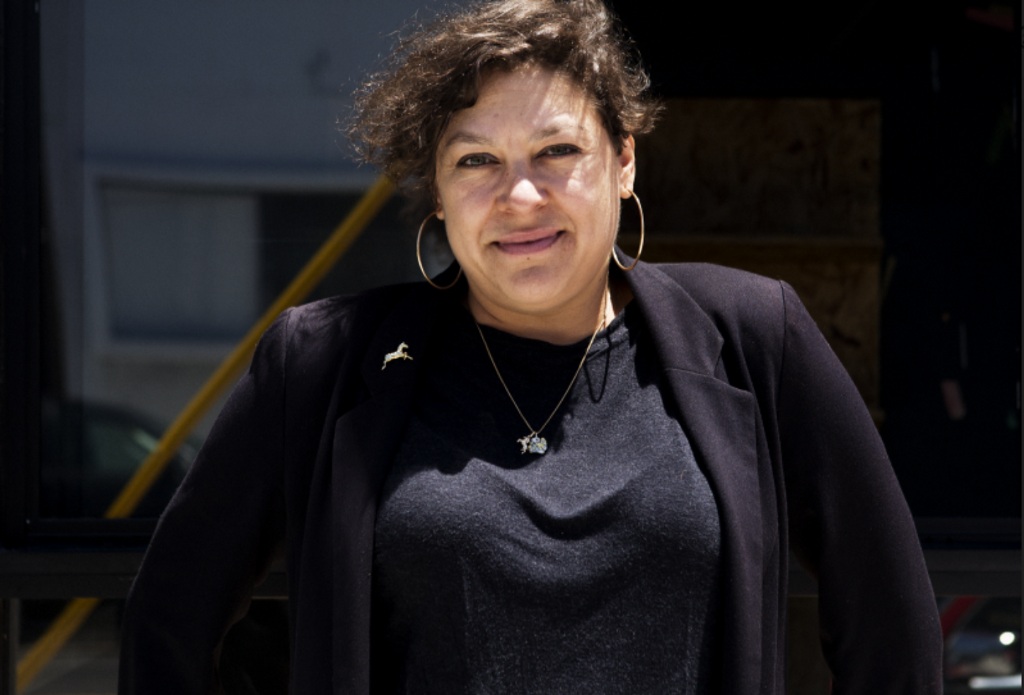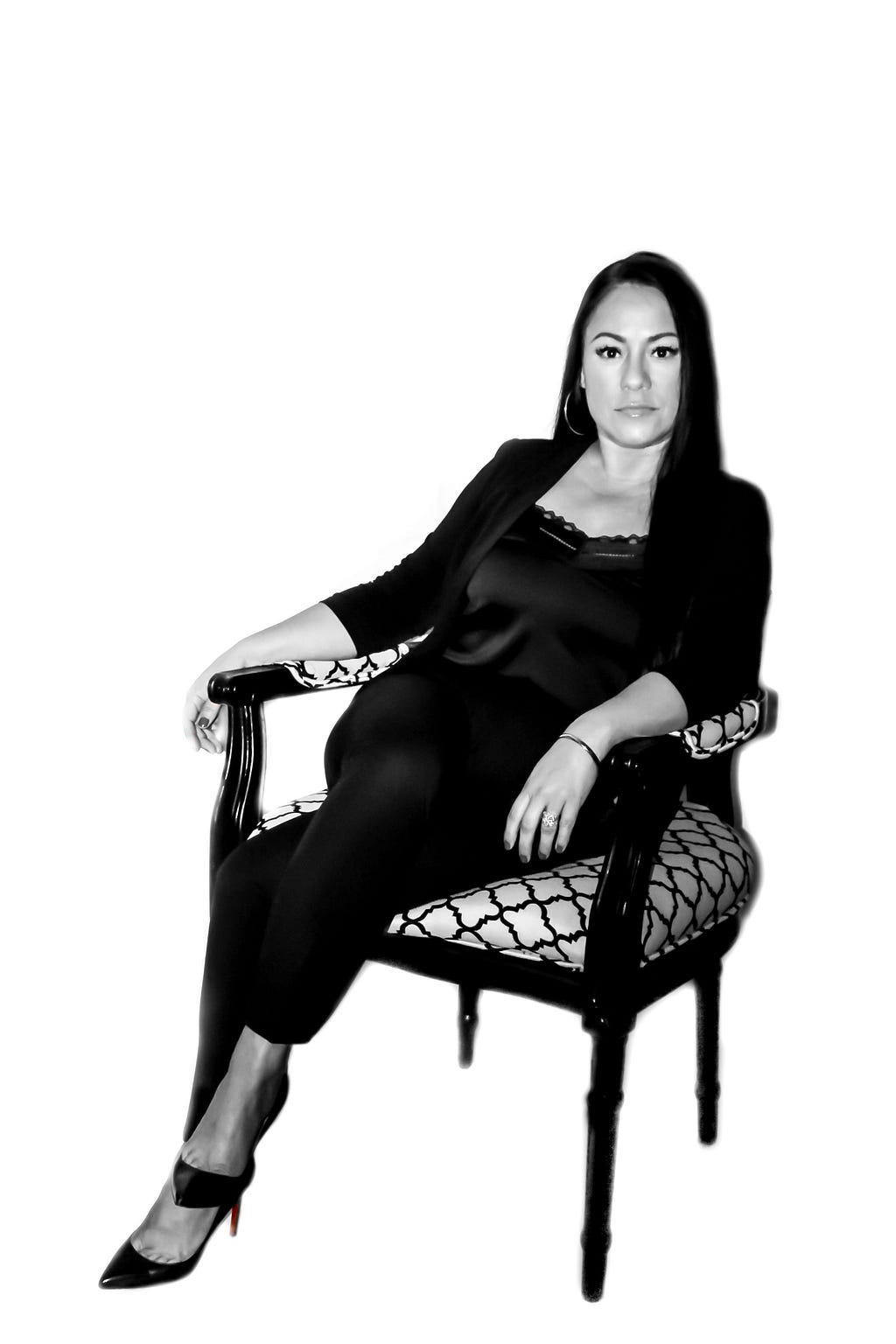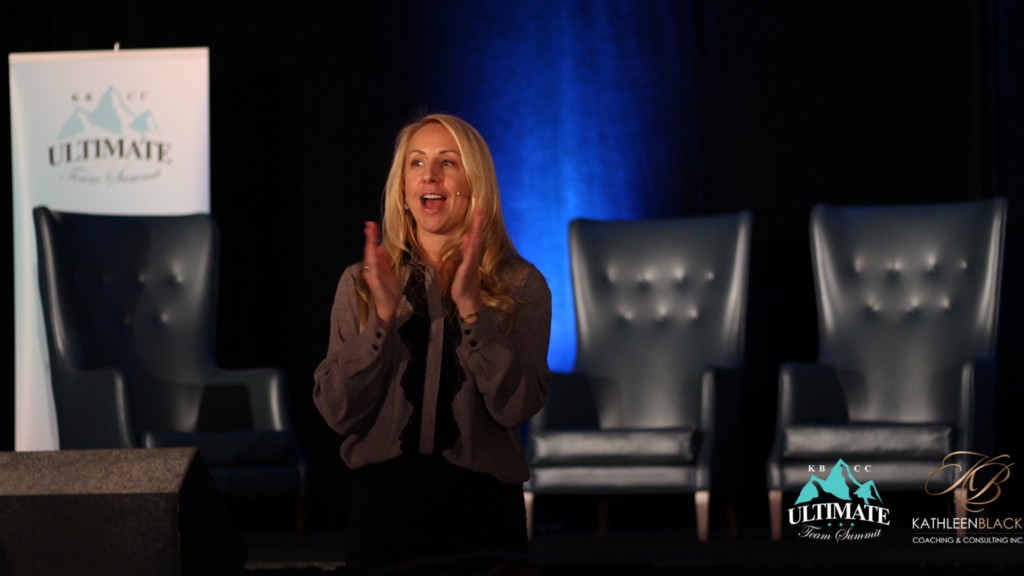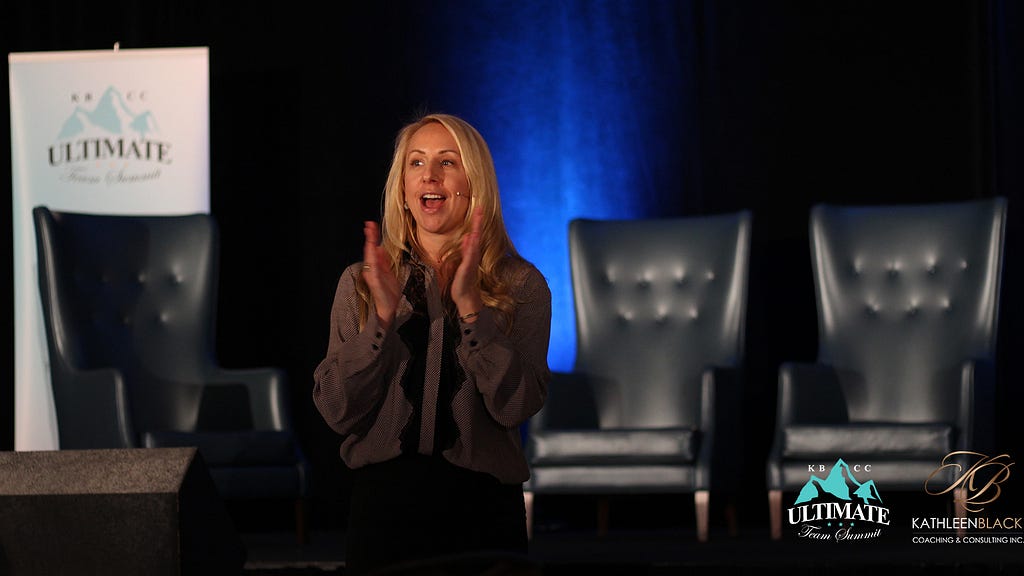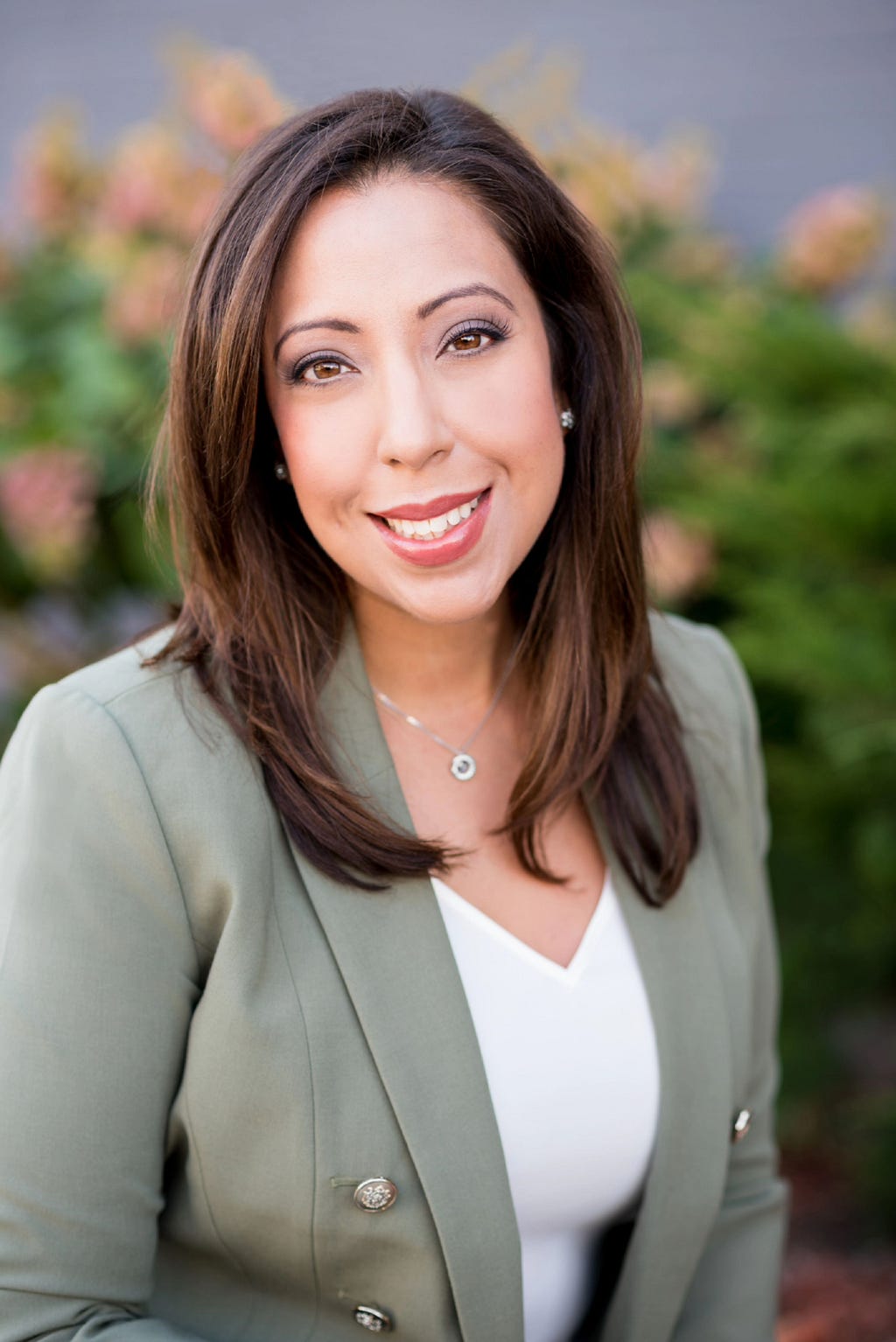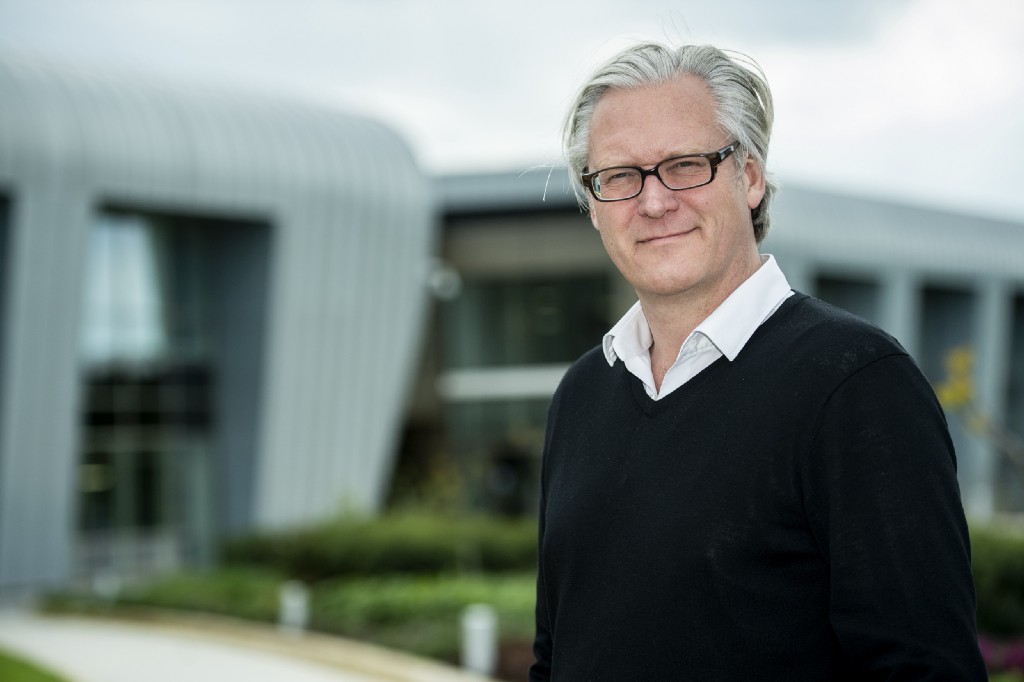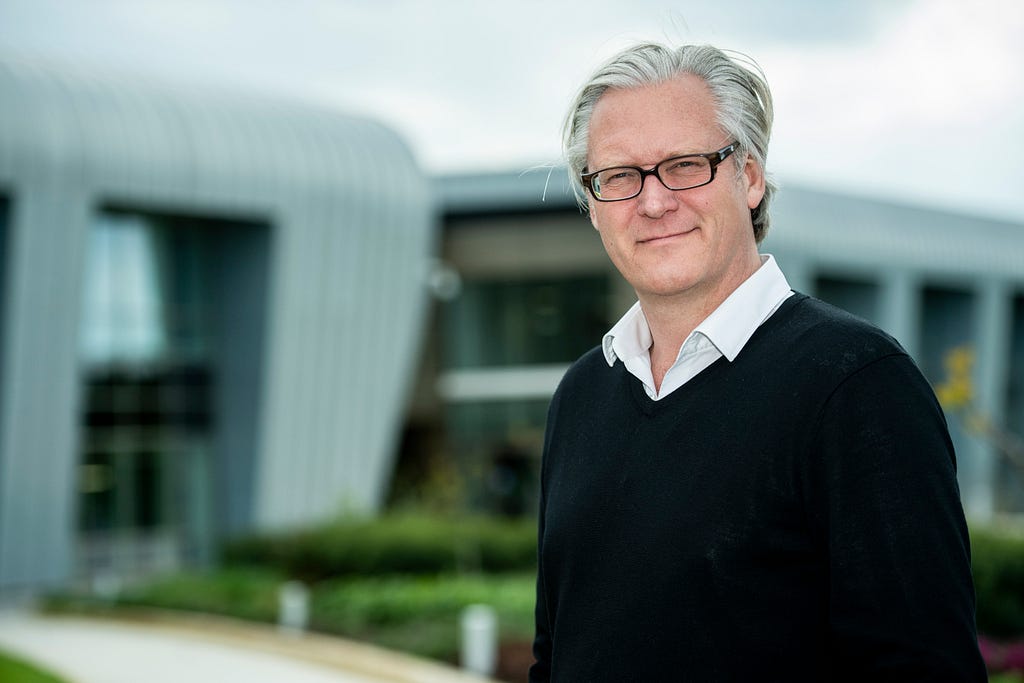Female Disruptors: Coly Den Haan of ‘Vinovore’ On The Three Things You Need To Shake Up Your Industry
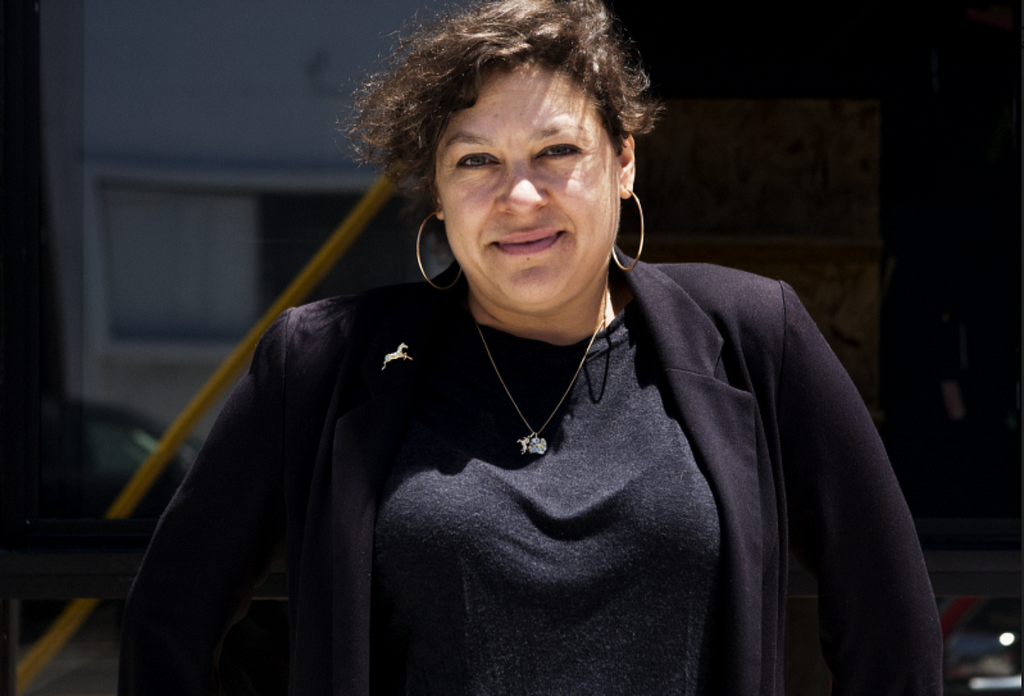
Work smart not hard — this is something I must remind myself often, especially when implementing a new idea. Ultimately, I kind of do both but I am always trying to think of ways to be more efficient and not run around like a crazy person trying to do it all. Sometimes I succeed!
As a part of our series about women who are shaking things up in their industry, I had the pleasure of interviewing Coly Den Haan.
Coly Den Haan, a third-generation restaurateur, has the hospitality business in her blood. Raised in Santa Barbara, her first after school job at the age of fourteen was as a busgirl. After moving to Los Angeles, she quickly accumulated experience in a myriad of capacities at Fred Segal’s famous Mauro’s Café, Farfalla on La Brea, and Barney Greengrass on the roof of Barney’s New York in Beverly Hills. She became a certified Sommelier with AIS & NASA specializing in Italian wines in 2008 and a certified beer specialist, in 2009. Den Haan opened The Must in DTLA in 2008 to rave reviews and an enthusiastic welcome from the neighborhood. Within a year of opening, The Must received numerous accolades in the press. Den Haan, along with her business partners, went on to open Perch, which also received glowing feedback and quickly became a downtown institution. Like The Must, Perch earned several write-ups and awards, and required no operating capital whatsoever from day one. In 2017, Den Haan opened Silver Lake’s female-driven wine shop, Vinovore, which carries exclusively female winemakers across the globe. In the following years, she launched her eponymous wine label.
Thank you so much for doing this with us! Before we dig in, our readers would like to get to know you a bit more. Can you tell us a bit about your “backstory”? What led you to this particular career path?
I worked in hospitality all through my teens and into my twenties in pretty much all capacities. I was working as a bartender when I fell into wine. At that time, I was very much into the cocktail revolution and working to open my own bar. The General Manager of the place I was working at offered to sponsor me to take a Sommelier course that was being hosted at the restaurant. I always enjoyed wine but there was a stigma that surrounded it for me. I felt like the wine world wasn’t for me; I thought it was for rich white guys with their cellars and cigars, but I figured, free class what did I have to lose? Literally, from the first day I started to learn about wine, my perspective changed immediately. The winemaking process is so unpretentious, pure, and surrounded with so much passion and dedication. My mind was blown! Not only was wine for me, but it was for everyone and I felt a strong drive to get the message out. After finishing the whole course in 2008, I opened my first wine bar with a business partner. The Must opened in a still very up and coming Downtown Los Angeles. The Must did not take itself too seriously and I worked hard to bring in unusual wines at good price points to help people start drinking outside of the box. And it worked! Customers loved the whole concept, and I loved this business as if it were a living and breathing thing. Unfortunately, the first big mistake of my career was signing a bad lease for this space. I was young and eager, and the landlord had expected us to fail like the three previous tenants, so when we didn’t, they got greedy. There was a loophole we just didn’t catch, and all the shady people stars aligned and they literally came in in the middle of the night and locked us out. It was one of the worst moments of my life. The upside of all of that was the community support we received and because of that, other doors did open. We were approached by a Downtown developer wanting to open a rooftop bar and restaurant on the top of his building. A year later, we opened Perch in Downtown. Perch is a three story, 11,000 square foot rooftop venue, with three bars, two kitchens, three elevators, and, just overall, a ton of moving parts. It was a very big departure from my darling little wine bar, but an amazing learning experience and something I am very proud of. To make a very long story short, ultimately, I wasn’t happy operating this kind of beast and was able to sell my shares to the owner of the building and move on. The Must was always my heart, so we went back to reopening the concept in a new location. The second Must was really great in a lot of ways but Downtown had changed in the years since we had closed and I had changed as well. Ultimately, after a few years, my business partner and I decided to go our separate ways and sell the business. I frankly was feeling pretty burnt out on the food and bar side of things but still had a burning love for wine.
Retail wine seemed like a natural progression for me. I knew there were a lot of great wineshops in LA and I would have to do something to stand out. When I came up with the idea to only carry female winemakers/owners, it was around the last presidential election when we all thought we were going to have our first female president. I did some research on whether the concept already existed and as far as I could find, it didn’t. This was a reminder of how male dominated the industry was but also in a way that made it exciting to be able to do something first. I had always highlighted women on my wine lists in the past, so I had a good list of makers to already pull from. When we didn’t get our female president and that was followed with the #metoo movement, my choice became even more timely. I feel deeply proud of Vinovore and being able to support so many women in business through my own. It is a little victory in a man’s world!
Can you tell our readers what it is about the work you’re doing that’s disruptive?
My shop, Vinovore, specializes in natural wines made only by women winemakers! I also do my best to highlight women of color and other minorities such as queer-made wines. Unfortunately, the pool is very small to draw from, so we need to change that!
Can you share a story about the funniest mistake you made when you were first starting? Can you tell us what lesson you learned from that?
I was at my first trade wine tasting. It was at a huge hotel ball room with tons of winemakers set up at different tables pouring wines. There were lots of men in suits pontificating their wine prowess. I was intimidated but determined. Each table has spit buckets for you to use. I was tasting one winemaker’s whites with a full table of other people tasting. When I got to the first red, I went to go spit in the bucket and some of the wine went down the wrong way or something and I spit-sprayed red wine all over the winemaker’s face and shirt! My takeaway lesson from that — don’t spit, just swallow.
We all need a little help along the journey. Who have been some of your mentors? Can you share a story about how they made an impact?
For me, inspiration comes from so many places and people, making it hard to pinpoint specific mentors. I suppose life itself is my greatest mentor with its brutal uncertainty, relentless inspiration, and sheer compassion around every corner. As cheesy as this all sounds, it’s the truth. Life is the cruelest of teachers and the most tender of lovers; she’s a fickle, honest, and mysterious beast but also drives me every day. Also, my Mom — she is a boss!
In today’s parlance, being disruptive is usually a positive adjective. But is disrupting always good? When do we say the converse, that a system or structure has ‘withstood the test of time’? Can you articulate to our readers when disrupting an industry is positive, and when disrupting an industry is ‘not so positive’? Can you share some examples of what you mean?
I can talk about natural wine in the space of being disruptive both positively and negatively. Quickly, the main philosophy behind natural wine is minimal intervention. A lot of people don’t realize there are over 70 additives and chemicals that can go into your average bottle of wine. Natural wine is basically fermented grapes, the original way of making wine. I’m a huge champion for Natural wine and I love that it is disrupting the wine industry in a lot of ways right now. It is shedding light on an industry that has started to cut corners at our environment and health cost. On the flip side, there is a subset of people making natural wines exclusive and pretentious, making it sometimes feel like how the wine world was when I first started. Like a private club only the cool kids have entry to. It makes me so angry because natural wine is for everyone, that’s the point, so don’t let some dude with a mustache in a ratty t-shirt make you feel otherwise!
Can you share 3 of the best words of advice you’ve gotten along your journey? Please give a story or example for each.
Work smart not hard — this is something I must remind myself often, especially when implementing a new idea. Ultimately, I kind of do both but I am always trying to think of ways to be more efficient and not run around like a crazy person trying to do it all. Sometimes I succeed!
Push it, push it real good — I felt like Salt-N-Pepa were personally speaking to me with this one! I am a pusher; throughout my career, no matter what happens, I push through. Sometimes it has gotten me in trouble as I can be persuasive and push beyond my means but, for the most part, it’s the relentless drive that keeps me going.
I don’t think you can do this — I’ve heard this from many people along the way. I suppose it isn’t advice in the traditional sense, but I have always treated it as such. Depending on the situation, sometimes hearing this just spurs me on to prove them wrong and try harder. In other instances, if it is a person whose judgment I trust, it may lead me to look at things from a different perspective. This does not mean I won’t do it, but I might find a new and better way.
We are sure you aren’t done. How are you going to shake things up next?
I am definitely not done! My fiancé tells me I am not allowed to pitch her before 10am! I often wake up on fire with a million ideas — not all of them good, mind you. Like so many of us, my visions for what I would do in 2020 all flew out the pandemic window, so I built a wine window instead! I was focused on more locations pre-COVID, which is still partly the case, but what that might look like is different. I was planning on dipping back into wine bars with tasting and retail, but now I am enjoying my wine window and would love to open more. I also got a Vinovan, VANessa, this year that is perfect for collaborations and partnerships with other likeminded groups and brands. I think even when this crisis finally dissipates, we will all be a little forever changed. I think about this often in the landscape of the future of my business. While we are all craving the closeness of being together again physically, I think there’s a lot of creativity that has erupted during this time that will stick around. For instance, doing our online wine tastings and classes have been really amazing. For example, sitting in your living room speaking with a winemaker at their winery in Austria while sipping their wines is kind of incredible. I personally have had some mind-blowing moments this last year, feeling truly transported. In a strange way, I have felt more intimacy with a collective group being distanced than I ever did being in the same room with them. I am working on taking this video wrapped with an educational element and those special feelings during events I’ve had to try and create a new platform for Vinovore. I’m excited for what is to come and how it will evolve.
In your opinion, what are the biggest challenges faced by ‘women disruptors’ that aren’t typically faced by their male counterparts?
Where to begin? I think overall women are not taken as seriously as men and their thoughts and theories are minimized. We must work harder and be more innovative to get the same exposure a man might. I try not to get too caught up in the injustice of it all and just stay the course and run my own race. This all being said, I would like to note that by no means am I a man hater. There are some women who do more damage to the cause than a man ever could. I would also say around half of Vinovore’s clientele are men and I love it. As important as it is that women support women, equally so that men support women, and we have some pretty rad guys rolling through the shop!
Do you have a book/podcast/talk that’s had a deep impact on your thinking? Can you share a story with us?
How I Built This podcast has been so inspirational and enlightening for me; it’s seriously been life changing. I can’t pick just one episode that has impacted me because they all have such unique perspectives. The through lines that resonate with me are the people that do not give up, defying odds, dusting themselves off, and pushing through. Also, the people that aren’t afraid to evolve or change when things aren’t working the way they had planned. I think these are two important qualities of any successful entrepreneur. For the record, not all these millionaire stories have a fairy tale ending but the journey is a life worth living! IF I had to pick a few of my favorite episodes for you to check out, Kate Spade, Zumba, Boom Chicka Pop, Fubu, Marcie Kilgore, Ben and Jerry’s, Burton, Eileen Fisher, Beyond Meat, Lara bars, Bumble, Southwest Airlines, Glossier and Tate’s bake shop… Seriously, though, they’re all great.
You are a person of great influence. If you could inspire a movement that would bring the most amount of good to the most amount of people, what would that be? You never know what your idea can trigger. 🙂
The two things I am most passionate about is the environment and equal rights for all. This does tie into the Vinovore mission with natural and women made wines, but I would love to spread the message even more. I think it would be cool to implement a national day or even a whole month where people support only women and minority owned businesses, like small business Saturdays. This might already exist, and if it does, it should be bigger!
Can you please give us your favorite “Life Lesson Quote”? Can you share how that was relevant to you in your life?
Don’t be afraid to fail, be afraid to try. So simple yet so relevant. I am not perfectionist, which in a way helps me a lot. I also do not consider myself a lucky person; I work hard and am relentless on my endeavors. Sometimes I feel I have to build up a somewhat false bravado just to get to keep going, a secret inside game to trick myself into constant positivity. I do like to finish things, see them through, then move on and that’s pleasing. It’s more important to me to follow through than get tied up in the little things. Sure, just going for it has led me to a lot of failures throughout my career but I will take a monumental miss over safe mediocrity any day!
How can our readers follow you online?
You can follow us on Instagram @vinovorela
This was very inspiring. Thank you so much for joining us!
Female Disruptors: Coly Den Haan of ‘Vinovore’ On The Three Things You Need To Shake Up Your… was originally published in Authority Magazine on Medium, where people are continuing the conversation by highlighting and responding to this story.


